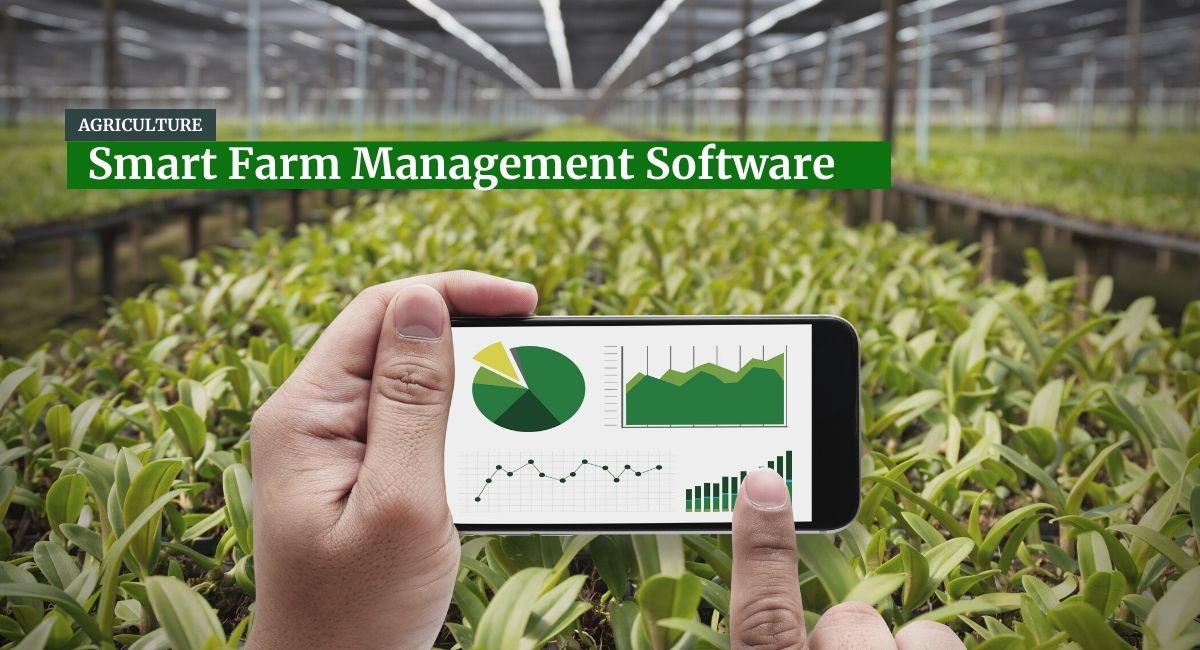Agricultural investment management is an intricate dance between capitalizing on opportunities and navigating the inherent risks of farming. As global food demands rise and sustainability becomes a pressing concern, investors and farmers alike are seeking smarter ways to manage agricultural investments. In this high-stakes arena, farm management software is emerging as a crucial ally, offering data-driven insights and comprehensive tools to optimize investment outcomes.
Understanding Agricultural Investment Management
Investment management in agriculture involves allocating resources efficiently across various agricultural assets, including land, crops, livestock, and technology. The goal is to achieve sustainable growth, enhance productivity, and secure profitable returns, all while managing the risks unique to agricultural ventures, such as climate variability, market volatility, and regulatory changes.
The Challenges of Agricultural Investments
Investing in agriculture presents a unique set of challenges:
- Market Fluctuations: Commodity prices can be highly volatile, influenced by global supply and demand dynamics.
- Environmental Risks: Weather events, pests, and diseases can significantly impact production outcomes.
- Resource Management: Efficient management of water, soil, and other inputs is crucial for sustainable yields.
- Technological Adoption: Keeping pace with advancements in agricultural technologies requires significant investment and adaptability.
The Role of Farm Management Software in Investment Management
Farm management software is revolutionizing how agricultural investments are managed by providing a suite of features designed to address these challenges:
Real-Time Operational Insights
Farm management software offers a real-time overview of all farm operations, from planting and irrigation to harvesting and marketing. This visibility allows investors and farm managers to make informed decisions that optimize productivity and investment returns.
Data-Driven Decision Making
Leveraging big data analytics, the software can analyze historical and current data to forecast trends, predict yields, and identify potential issues before they impact profitability. This predictive capability is invaluable for strategic planning and risk management.
Financial Tracking and Analysis
Comprehensive financial management tools within the software enable detailed tracking of revenues, expenses, and overall financial performance. This financial transparency is crucial for assessing the return on investment (ROI) of different agricultural assets and making informed investment decisions.
Resource Optimization
The software helps in the precise management of resources, from water and fertilizers to labor and machinery. By optimizing the use of inputs, the software not only enhances efficiency and sustainability but also maximizes the profitability of investments.
Sustainability and Compliance
With growing emphasis on sustainable and ethical investment practices, farm management software aids in implementing and tracking sustainable farming practices. This includes monitoring environmental impacts, ensuring compliance with regulations, and maintaining certifications that can enhance market access and investment value.
Enhancing Investment Strategies with Farm Management Software
For investors, integrating farm management software into agricultural investment strategies offers several advantages:
- Portfolio Diversification: The software’s insights can identify high-potential areas for investment, allowing for strategic diversification of the investment portfolio.
- Risk Mitigation: Advanced analytics and monitoring capabilities help in identifying and mitigating risks early, protecting investment value.
- Operational Efficiency: Automating and optimizing farm operations reduce costs and improve margins, directly benefiting the bottom line.
- Market Responsiveness: Real-time data and predictive analytics enable quick adaptation to market changes, securing competitive advantages.
The Future of Agricultural Investment Management
As technology continues to advance, the potential of farm management software in transforming agricultural investment management grows. Future developments may include enhanced integration with IoT devices for even more precise monitoring, blockchain for improved transparency and traceability, and AI-driven insights for next-level decision-making.
Conclusion
In the dynamic landscape of agricultural investment management, farm management software offers a powerful tool for maximizing returns while navigating the complexities of farming operations. By leveraging data-driven insights and comprehensive management capabilities, investors and farm managers can optimize their strategies, enhance sustainability, and secure a profitable future in agriculture. As the sector continues to evolve, the role of technology in shaping successful investment outcomes will undoubtedly become increasingly significant.

